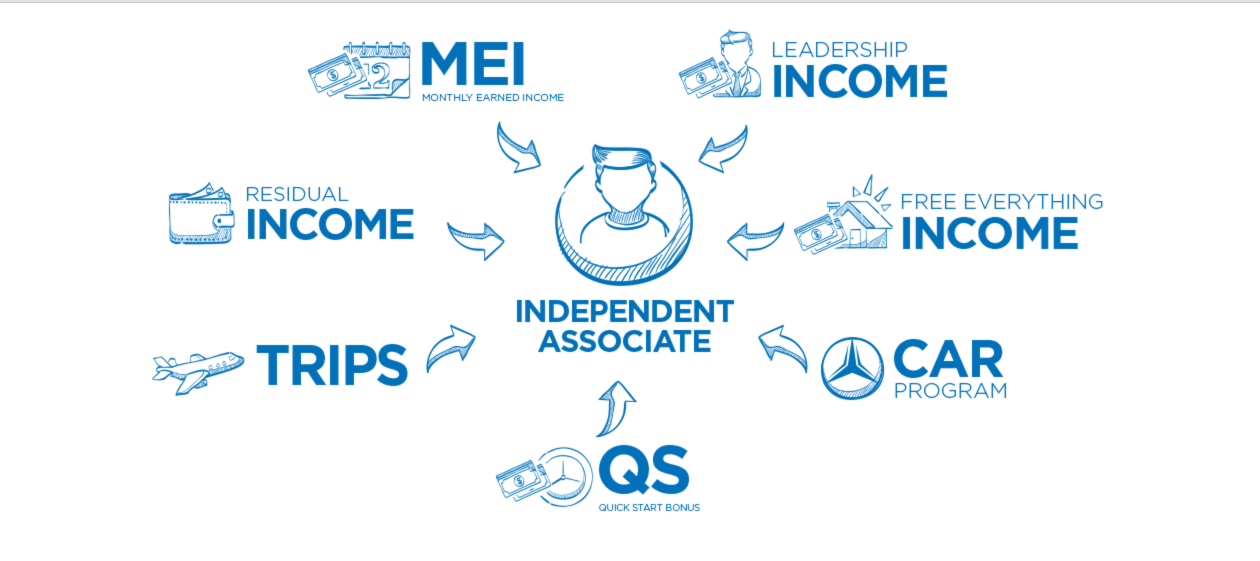
An Open Letter to Congress on H.R. 5230
Renowned pyramid scheme expert denounces proposed federal law.
I was one of the lucky people who graduated from college in 2009, the most recessiony year of the recession, so getting my first job was not easy. Over the months following graduation, I went from being convinced-I-could-be-the-next-Steve-Jobs to FOR THE LOVE OF GOD, PLEASE LET ME SERVE SOMEONE A LATTE. So when I got a call from a woman saying that she thought I would be the perfect fit for a management position at a life insurance company, despite the fact that I had never applied to the job, my desperation-addled brain thought it was the opportunity of a lifetime.
The phone call went something like this:
HER: Hi, my name is Shady McScam. I’m calling because I saw your resume online, and I thought you would be a great fit for a management position at our company. Are you interested?
ME: Are baby penguins the perfect combination of fluffy and awkward? Obviously! Tell me more!
HER: We’re hoping to have you manage a small team of people in our sales department. Do you have any management or sales experience?
ME: Um, maybe? I directed a student film once in college, and this one time I sold a couple boxes of fruit for a band fundraiser?
HER: Sounds perfect. Can you come in tomorrow for an interview? You just take the F train to Jay Street, transfer to the A, transfer to the Q65 bus, hang-glide due east for 3.7 miles, and then walk directly into Mordor.
ME: That sounds off no warning bells whatsoever. I’ll be there!
Fortunately, I soon spoke to someone in possession of some common sense, who advised me to do an Internet search of the company’s name and the word “scam,” which yielded pages and pages of results. People complained of no base salary or benefits, fees for training and other bogus costs, and a suspiciously pyramid-like business structure. I skipped the interview, and went back to searching for unpaid internships and jobs that will soon be replaced by robots like a good little humanities grad.
Moral #1: If it sounds too good to be true, it probably is. Read our article on job scams for more information.
Moral #2: Ok, this isn’t a moral, but I feel I should tell you that I sold both of those fruit boxes to my mom. Phew, that’s a weight off my chest.
Renowned pyramid scheme expert denounces proposed federal law.
TINA.org deconstructs how this proposed legislation really protects the industry.
The court left little doubt about this company’s business operations.


